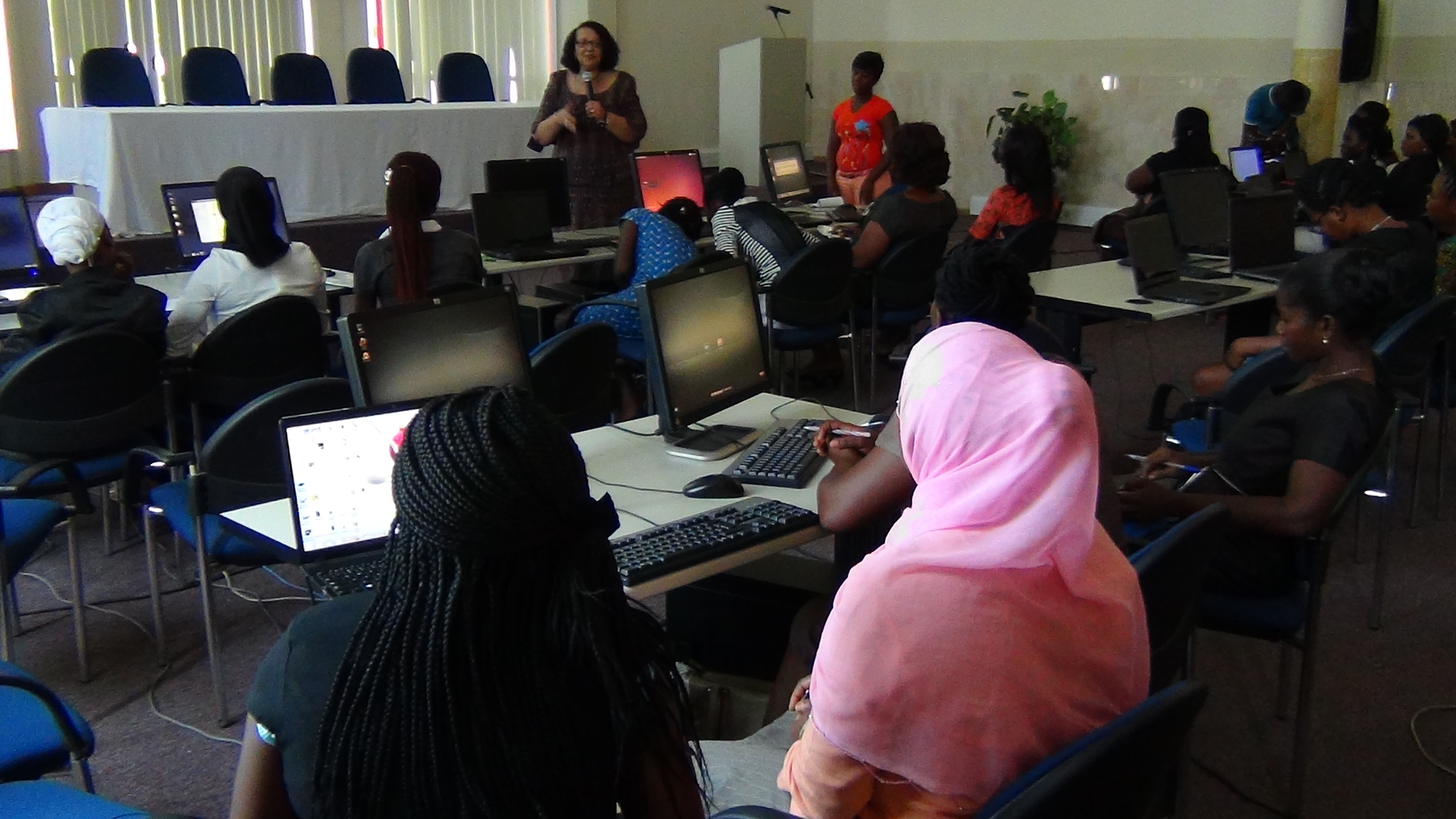Ghana achieved lower middle-income status in 2010 after a period of high economic growth. However, since 2012 economic growth has slowed down. Traditionally, the economy has depended on the export of raw materials such as gold, cocoa and timber.Â
Despite discovering oil a decade ago, the country is still faced with high levels of unemployment, particularly among the youth.
There is therefore the urgent need to create jobs in order to deal with the unemployment and ensure economic growth. Information and Communication Technology (ICT) offers the opportunity for job creation that will transform the economy of this country. However, this requires an organisation that will bring together all the stakeholders required to create a vibrant ecosystem for ICT start-ups to thrive.
The creation of an ICT start-up ecosystem, that will develop products, services and systems with attractive value propositions, requires entrepreneurs, government, corporate organisations, educational institutions and investors to work jointly together. Ensuring peak performance from each stakeholder is necessary to co-create a vibrant start-up ecosystem. This is what Wendy Lea and Patrick Venturella of Cintrifuse, a not-for-profit entity and a Syndicate Fund, calls the “Power of 5â€.
For the ecosystem to function effectively, each stakeholder must play a specific role. Start-ups must stimulate the creation of jobs by converting ideas into practical solutions. Corporate organisations must present entrepreneurs and start-ups with a channel to solve specific problems. Also, entrepreneurs must connect corporate organisations to new talent and ideas. Government’s role in the ecosystem is to ensure that the policies that are formulated and implemented are able to attract start-ups. These policies must ensure that incentives, grants and funding are made available to entrepreneurs with ideas that have commercial value. Educational institutions are required to produce human resource with relevant technical and entrepreneurial skills. Investors are needed to finance the activities of start-ups and facilitate the provision of support in the areas such as market access and mentorship by using their existing networks.Â
These five ecosystem stakeholders have their own needs and challenges that prevent them from playing their roles effectively. For instance, educational institutions may be struggling to produce the right kind of graduates with entrepreneurial skills to start businesses that will potentially solve problems and attract venture capitalists because of low funding. However, it is believed that by coming together, having access to one another and joining forces these challenges will be solved and needs of each stakeholder met. That way, the stakeholders in the ecosystem can co-create the value that will bring benefits to all.
In order to get the most out of the combined power of the five stakeholders, three roles need to be fulfilled in the ecosystem. According to Lea and Venturella, these roles are ignitor, connector and lever. The ignitor, which can be any of the stakeholders, must initiate the process to create the ecosystem. After initiation,  the connector is need to assist in building continuing and lasting relationships among stakeholders in order to promote access to each other. A lever is also required speed up the development of the ecosystem through differentiation. In the case of Ghana, government must package this country as an attractive ecosystem for ICT start-ups.
With a vision of becoming the most reliable ICT partner in Ghana and beyond, the Institute of ICT Professionals, Ghana (IIPGH) is working to make Ghana an ICT destination. It is the target of IIPGH to produce entrepreneurs who will develop world class ICT products and services. IIPGH is therefore interested in the creation of a vibrant ICT start-up ecosystem that will support start-ups which will systematically create a significant number of successful ICT businesses that create economic growth. As a solution to graduate unemployment and unemployment generally among the youth in Ghana, IIPGH intends to encourage and support ICT entrepreneurship and promote it as an attractive career option.
In this regard, the Institute of ICT Professional, Ghana (IIPGH) shall serve as the connector by bringing all the necessary stakeholders together to form an ICT start-up ecosystem. As part of its objectives, IIPGH’s advocacy programmes will target all the ICT ecosystem stakeholders. The aim of bringing all stakeholders on a common platform is to get Corporate Ghana to ignite the process for the development of an ICT start-up ecosystem. In addition, IIPGH will influence government policy by sharing research findings from similar markets like Ghana. This will assist in packaging Ghana as an attractive ICT start-up ecosystem.
We believe this “power of 5†approach can help Ghana create an innovative ICT ecosystem that will attract foreign investments and lead to job creation. It will also be an opportunity for educational institutions to turn ideas into spin-off businesses that will provide funding for Research and Innovation in the long-term.
Reference: Lea and Venturella (2015), Accelerating start-up ecosystems with the “Power of     5â€, Performance, Volume 7, Issue 4.
Kuuku Sam, Institute of ICT Professionals, Ghana
For comments, contact author: kuuku.sam@iipgh.org
Photo credit: AITI-KACE
Â





